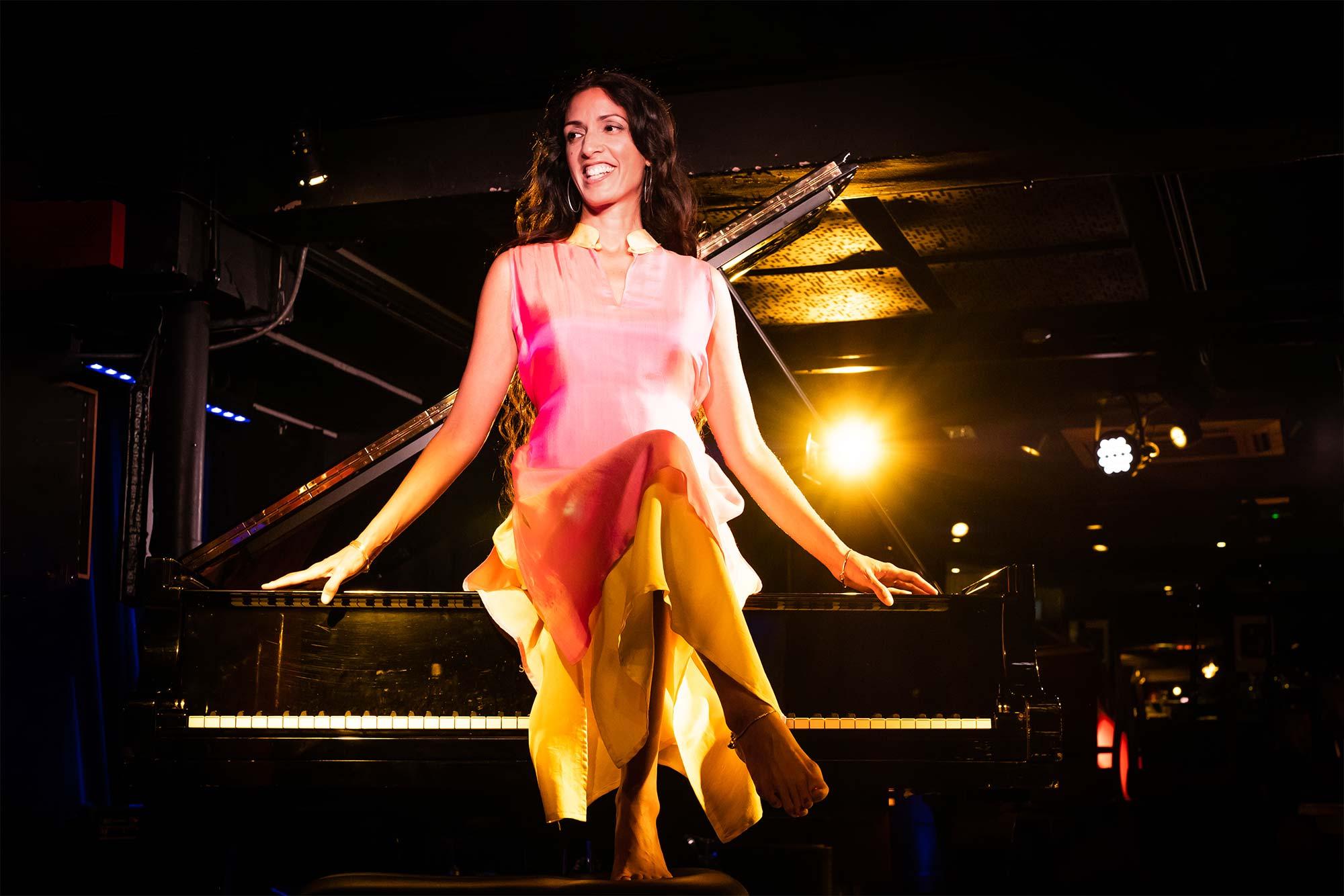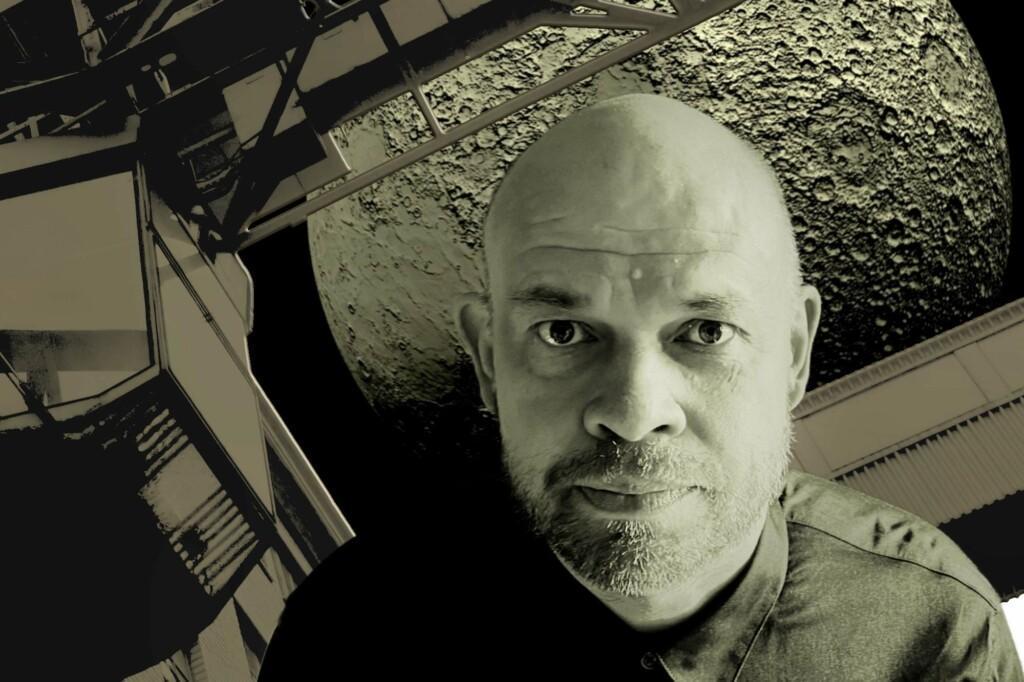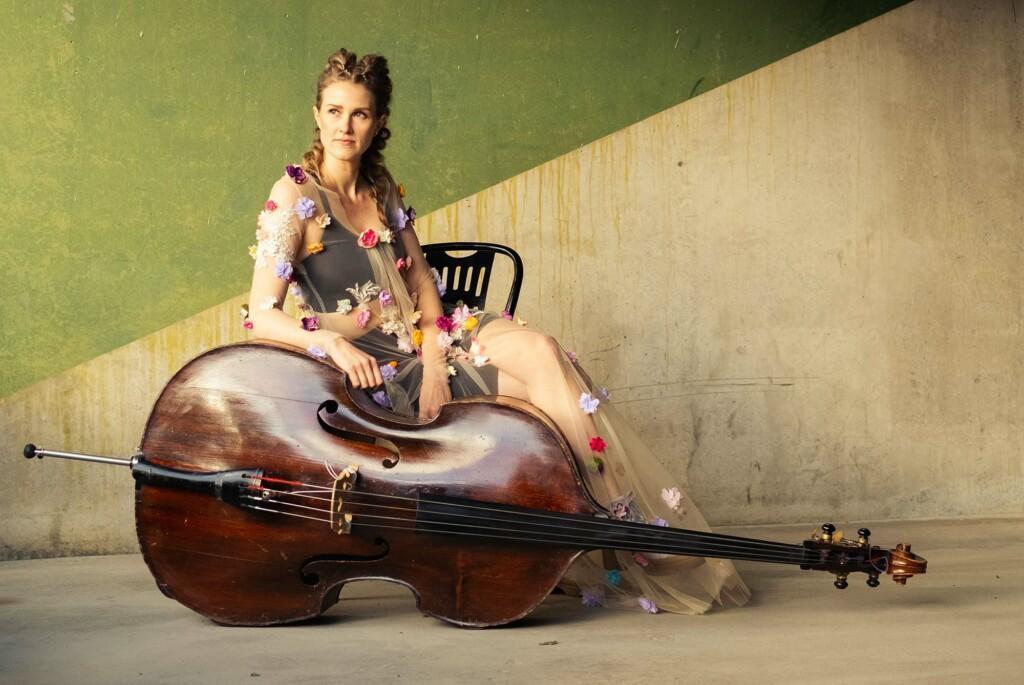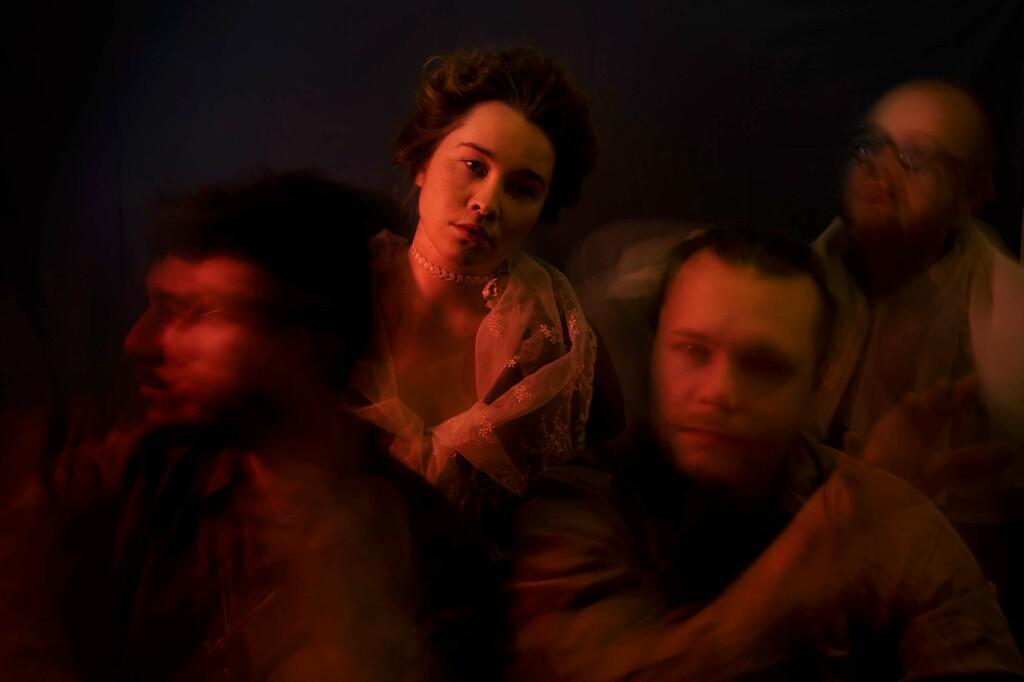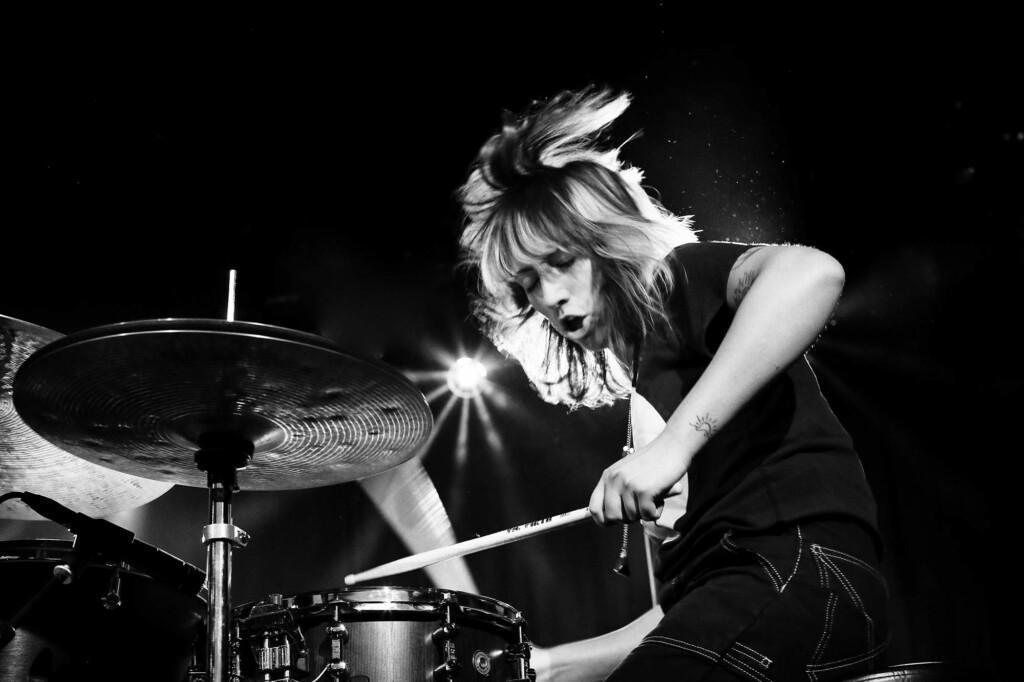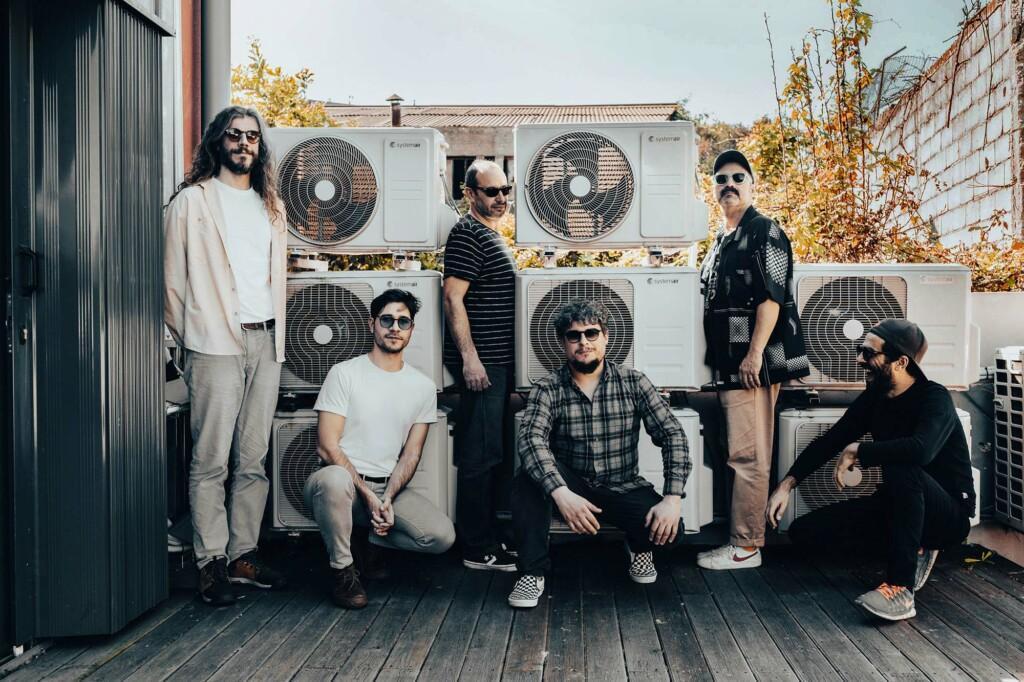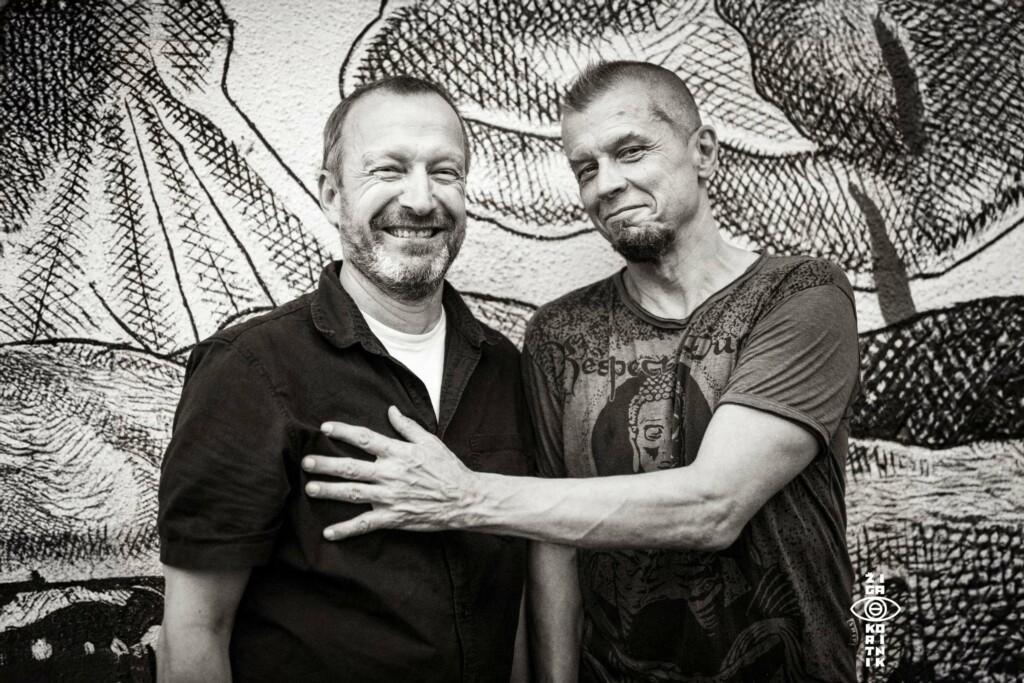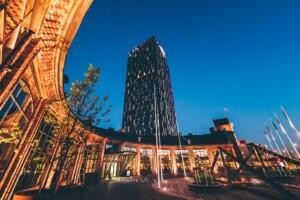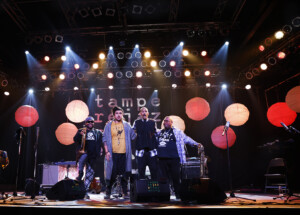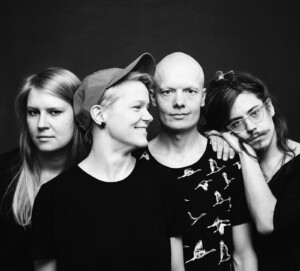English pianist Zoe Rahman fell in love with jazz as a teenager after hearing it live. “What I love about jazz is that the character of people shines through their music”, she says in our interview.
What’s Happening?
My main focus this past year or so has been making a new album, Colour of Sound and touring it with my octet. It’s been such a joy to play my music with a large ensemble. The musicians I’ve toured with are all phenomenal artists in their own right as well as being wonderful human beings! I’ve recently played in Turkey, Germany, Ireland, Portugal, and am really looking forward to coming to Finland.
Aside from the octet, I continue to perform with my trio, quintet and as a solo artist, as well as working with other musicians like Courtney Pine (actually, I played in Finland with him a few years ago!). I’ve had a couple of interesting commissions this year, including writing a solo piano suite for World Piano Day and also composing a Nocturne for a collection of compositions by 22 female composers, inspired by Chopin (for EVC Music).
You said in a recent interview that “jazz chose me, rather than the other way round”. How did it actually happen? And how did you – having studied classical piano at the Royal Academy of Music – finally decide to be a jazz musician? It would be also interesting to know what keeps you interested in jazz after all these years?
I went to a jazz gig when I was a teenager and I remember thinking that I wanted to learn how to do what they were doing, it just looked so much fun! I loved the atmosphere in the room, there was a bar, people were talking, there was something about the freedom and rhythm of jazz that drew me to it. I was fascinated by the fact that the musicians were improvising, they weren’t playing something that someone else had written for them, they were just making it up themselves. I’d been playing classical piano since I was four years old but it wasn’t until I was a teenager that my brother and I started to listen to jazz albums and we started trying to play what we heard. My first transcription was Horace Silver’s Song for my Father. I still transcribe jazz today, there’s always something new to learn, some new musical inspiration that can keep me busy for hours!
You have made quite many of your albums with a trio of piano, bass and drums. Why? Is piano trio your favourite musical formation in jazz or are the reasons more practical: it might be easier to lead a trio and get gigs with a trio than for example with a quintet? Still, we will be lucky to experience in Tampere your first-ever large ensemble, an octet. How was it to compose and arrange music for eight musicians?
You’re right about the practicalities of touring and recording – it’s financially and logistically a lot easier with a smaller line-up but to be honest, I decided for this album I just wanted to make the music that I had in my head. I wanted to bring my audience a different sound. I wasn’t looking to make music in the cheapest possible way – I was looking to make a musical statement. I have to be honest, it was a lot of hard work for me to get the project up and running, there were a lot of hurdles along the way but the response has been fantastic so I’m really glad I took the risk! Sometimes you just have to go with what the music is asking you to do and hope that the practicalities will fall into place.
As far as arranging goes, it’s always a bit of a learning curve for me but I really enjoy the challenge. I’d already arranged some of my music for a 10-piece ensemble in the past so I had some idea of what would work.
How do you feel when asked in interviews about your gender and your British/Bengali heritage? In your mind, are they relevant to you as a musician and a composer, as an artist? We hardly ever see an interview where a white man is asked about his gender or his monocultural heritage, or him being a father.
My heritage, gender and motherhood all combine to make me who I am as a person and in turn that informs my music, so I can see why it’s all of interest to people and I’m happy to talk about those things.
How I feel about being asked depends on how the questions are framed! What I would love is if we lived in a world where women didn’t get asked questions about what it’s like to be a woman in a male-dominated art form, it would be great to just be accepted as a human being and to be able to answer more questions on the music! Hopefully for future generations there will be more parity.
Like any improvising musician, I’m influenced by the world around me. What I love about jazz is that the character of people shines through their music.
What’s going to happen?
I’ve recently written some new material so am hoping to record another album in the not too distant future, perhaps this time on a label that isn’t my own?!
Zoe Rahman Octet
Sunday 3 November 2024 at 14.00, Pakkahuone
Listen to Zoe Rahman’s visit to the BBC radio programme Around Midnight hosted by Soweto Kinch.
Photo: Ilze Kitshoff

